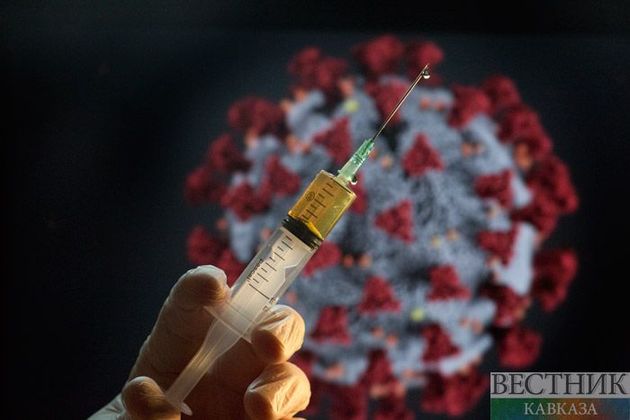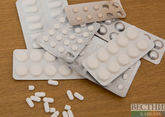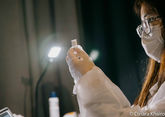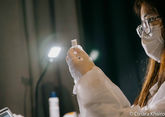People infected with the new coronavirus may start spreading the virus several days before they have any noticeable symptoms, according to a new modelling study.
"More inclusive criteria for contact tracing to capture potential transmission events two to three days before symptom onset should be urgently considered for effective control of the outbreak," the authors said in the paper published in Nature Medicine.
Researchers compared clinical data on virus shedding from patients at a hospital in China with separate data on "transmission pairs" - where one person is believed to have infected the other - to draw inferences about periods of infectiousness.
The research team co-led by Eric Lau of the University of Hong Kong took throat swabs from 94 patients admitted to Guangzhou Eighth People's Hospital and measured infectiousness from the first day of symptoms for 32 days.
They found that the patients, none of whom were classed as severe or critical, had the highest viral load soon after the onset of symptoms, which then gradually decreased.
The study used publicly-available data on 77 transmission pairs to assess how much time elapsed between the onset of symptoms in each patient. It assumed an incubation period of a little over 5 days.
The authors inferred that infectiousness started 2.3 days before symptoms appeared and was at its peak at 0.7 days before the first signs of illness, AFP reported.
They estimated that 44% of secondary cases in the transmission chains were infected during the pre-symptomatic stage. Infectiousness was predicted to decrease quickly within 7 days.
People with COVID-19 may be infectious days before symptoms

6435 views









